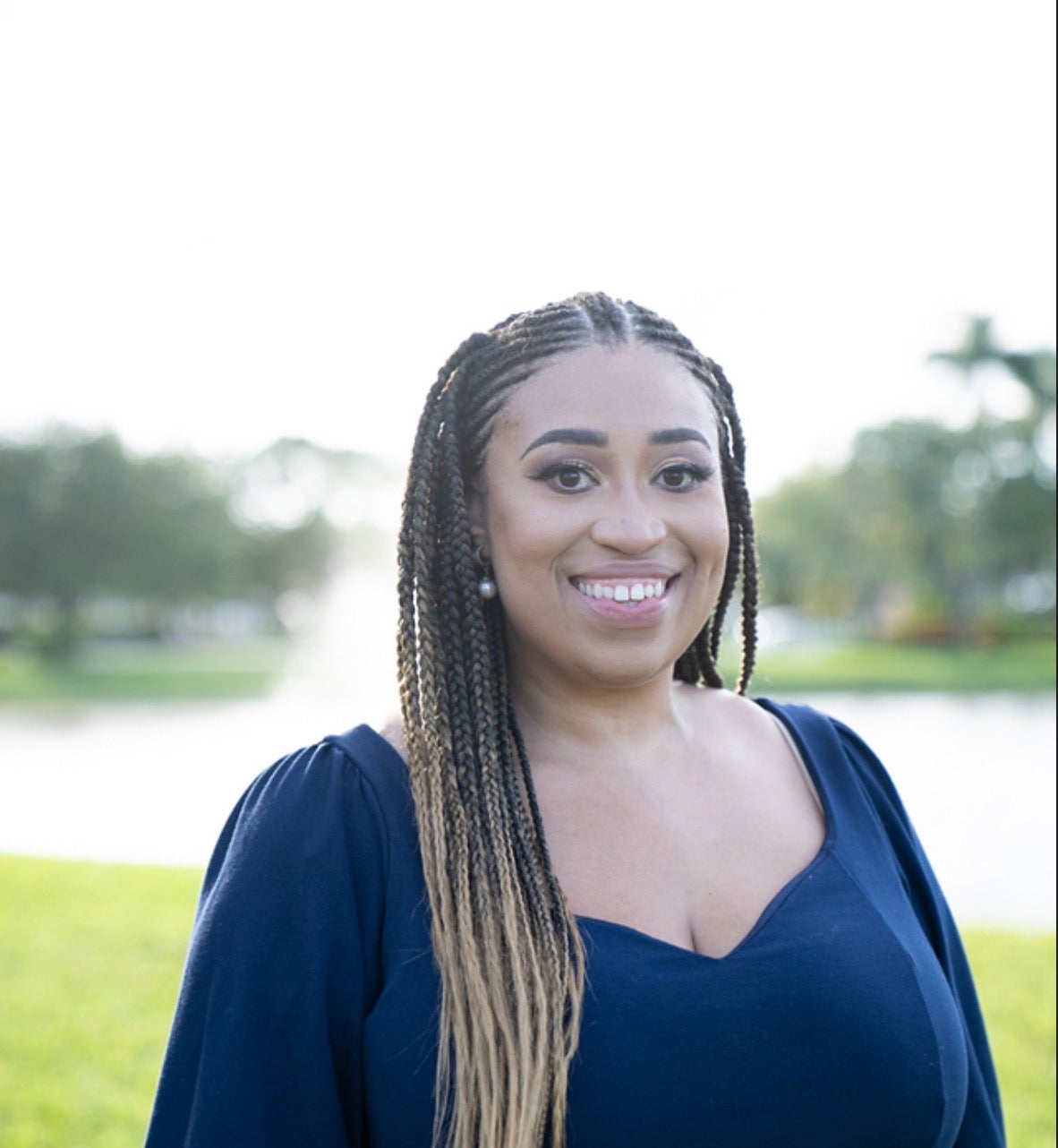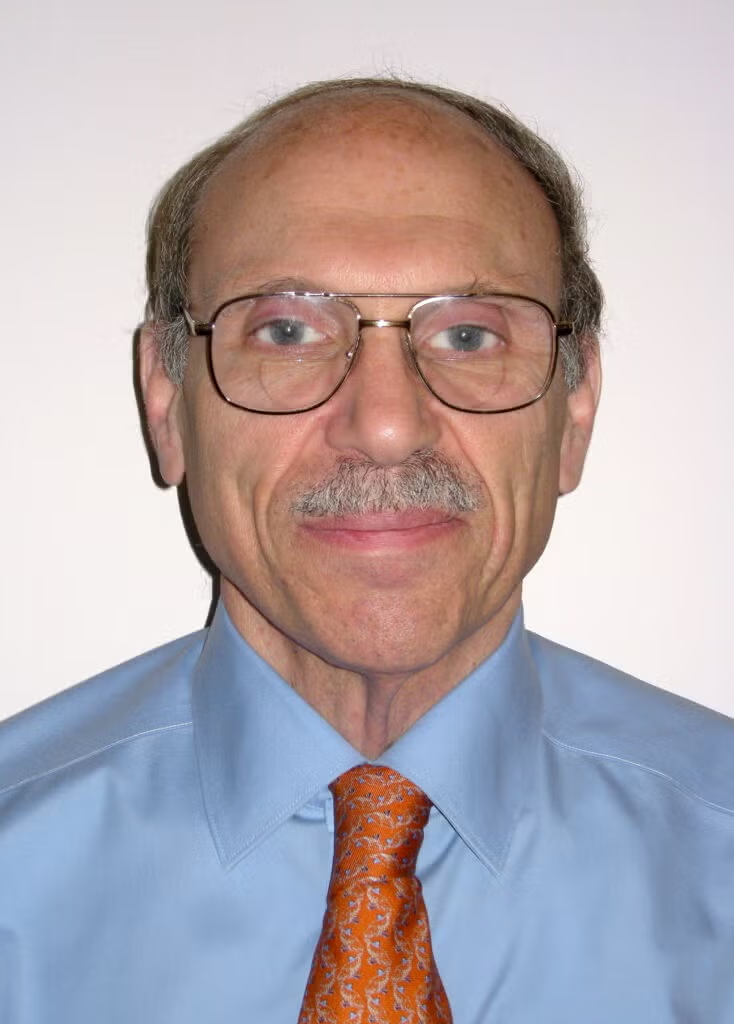Origami Workshop
Join us for an origami-making workshop! Monday, December 8th, the Department of Social and Behavioral Sciences’ Community and Belonging committee invites all students, staff, and faculty to join us for an origami-making workshop! Learn a new artform, let your creative energy flow, and get to know your fellow community members. Stop by the Kresge atrium anytime between 12 and 2 p.m. to take part. We hope to see you there!
Organizers
Awe on the Margins: Youth Perspectives on the (im)possibilities of Human Flourishing

On Wednesday, April 15th, 2026, from 1-1:50 p.m. in FXB G13 and online, all are welcome to join us for the sixth and final installment in our Virtues for Well-being Seminar Series, featuring Dr. Demond Hill.
Lunch provided.
Seminar Description
Awe—an emotional response to vastness that transcends our ordinary frames of reference—has the power to transform perspectives, foster human flourishing, and enhance well-being. Yet little is known about where awe emerges in marginalized urban contexts, who can access it, and how it might disrupt structural inequality. This seminar asks: What would it take for us to be more honest with the lives we are living, living on, stepping over, and forgetting?
Drawing from the first year of a three-year youth participatory action research project with 20 Black and Brown high school students in Boston, this work explores how youth make sense of, complicate, experience, locate, and mobilize awe. Through an after-school awe and flourishing literacy program, students embarked on awe excursions, documented their insights, and designed awe-inspiring spaces. This project cultivates healing, civic engagement, and bold visions for communal health equity. Together, we will consider how “actionable awe” can transform “awe-ful” spaces into “awe-inspiring” ones and illuminate new pathways for collective flourishing.
Speaker Biography
Dr. Demond M. Hill is an Assistant Professor of Health Equity at Tufts University in the Eliot-Pearson Department of Child Study and Human Development. His research, grounded in transdisciplinary, critical, applied, humanizing-based approaches, focuses on the mental health and well-being of marginalized children, youth, and their families, with a particular emphasis on Black populations. Dr. Hill collaborates with communities to promote and protect opportunities for awe, belonging, and human flourishing among Black and Brown communities within systemic inequality. His work centers marginalized communities’ voices and lived experiences and incorporates youth- and community-based participatory action approaches to identify and strengthen protective factors that inform policy and promote mental health equity.
Speaker Information
Organizers
War and the public’s health

Join the FXB Center for Health & Human Rights for a fireside chat with physician and epidemiologist Barry Levy, MD, MPH, and discussion with FXB Visiting Scientist Yara M. Asi, PhD. They will describe the impacts of war on the health and human rights of noncombatant civilians and related issues, including forced displacement and destruction of civilian infrastructure. They will also discuss the prevention of war and the promotion of peace. Dr. Levy will draw on his book, From Horror to Hope: Recognizing and Preventing the Health Impacts of War, and Dr. Asi on her book, How War Kills: The Overlooked Threats to Our Health.
Speaker Information
Barry Levy, MD, MPH
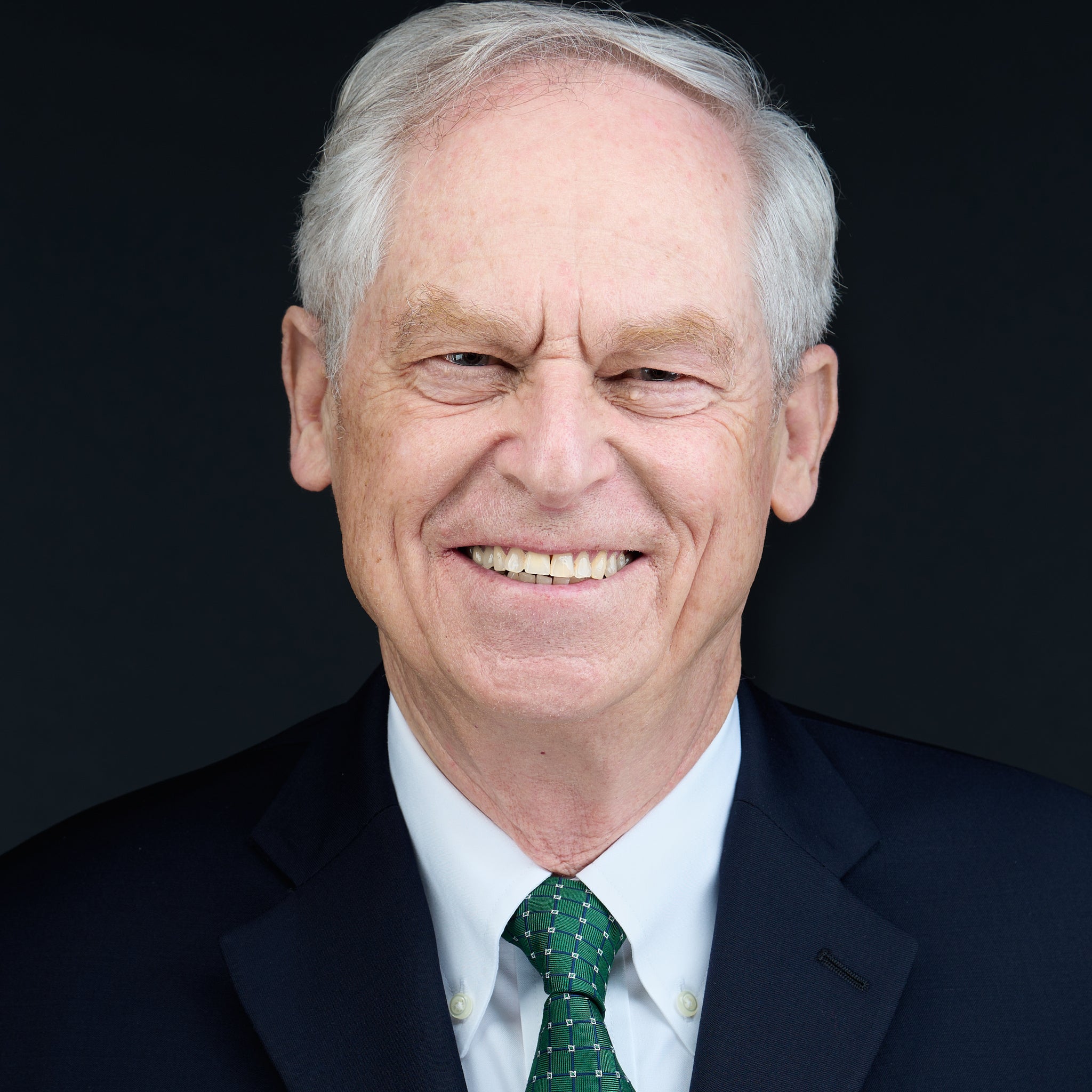
Moderator
Opening Remarks
Organizers
Post-Launch of the Lancet One Health Commission Report
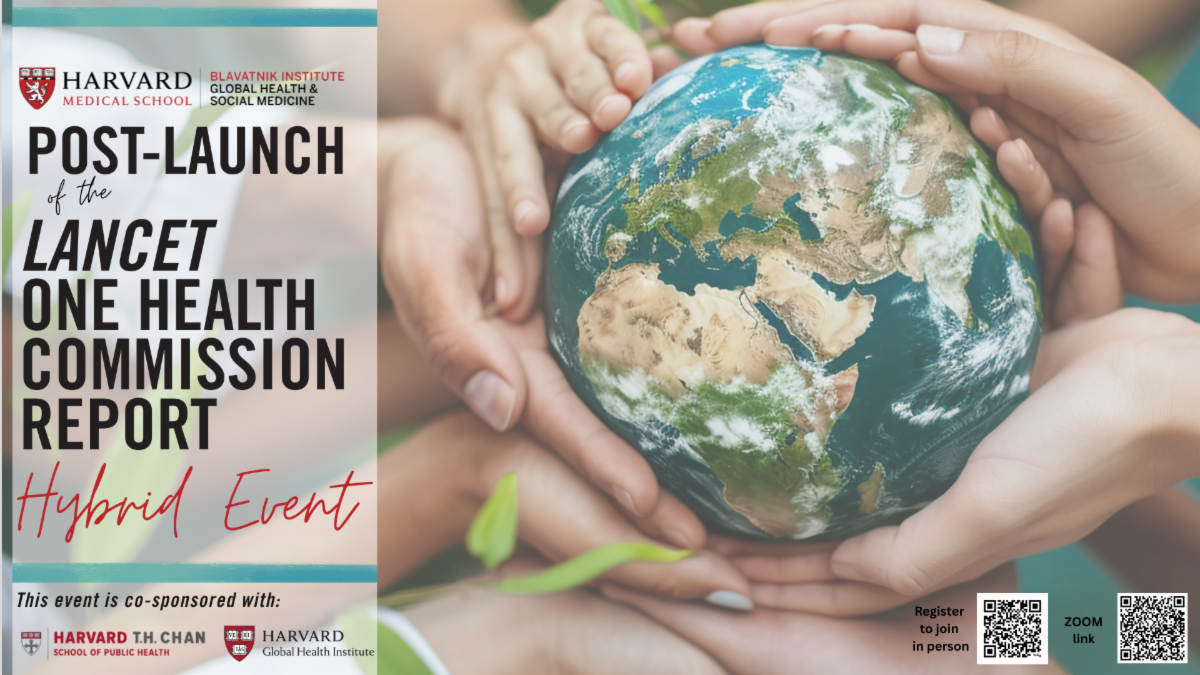
We are delighted to invite you the post-launch event of the Lancet One Health Commission Report.
Date: Wednesday December 3, 2025
Time: 2:00-4:00pm EST
Location: Hybrid | Countway Library & Zoom
The event will highlight the urgent challenges at the intersection of health and sustainability – including health inequity, climate change, biodiversity loss, antimicrobial resistance, infectious and non-communicable diseases, as well as weak health systems. These issues illustrate the inseparable links between human, animal, and ecosystem health, and underscore the need for a One Health approach to achieve effective solutions.
With only five years left to reach the Sustainable Development Goals, the event will explore how the implementation of One Health can decisively strengthen global health and sustainability efforts.
The event will be moderated by Andrea Winkler, Co-Chair of the Lancet One Health Commission and co(joint)-Director of the Center for Global Health of the Technical University of Munich, Germany.
Register here to join in person.
Click here to access Zoom link (Harvard Key required).
Speaker Information
Organizers
Report-back from the 2ND Africa-CARICOM summit on reparations

Join the FXB Center for Health and Human Rights for a virtual conversation between FXB Director, Dr. Mary T. Bassett, MD, MPH, and FXB Visiting Scientist Brittney Francis, PhD, MPH, who will share their takeaways after attending the 2nd Africa-CARICOM Summit in Addis Ababa in September 2025. The summit brought together member states from the African Union and CARICOM, along with UN entities and international NGOs, including the global African diaspora. The goal was to strengthen unity, deepen integration, and jointly pursue reparations and reparatory justice through a comprehensive transcontinental partnership framework, under the theme: “Transcontinental Partnership in Pursuit of Reparatory Justice for Africans and People of African Descent through Reparations.” The conversation will be moderated by FXB Research Associate, Serhat Yildirim, MD, MMSc.
Speaker Information
Organizers
Monday Nutrition Seminar | Harnessing planetary health data science approaches to understanding food safety and food security in Madagascar
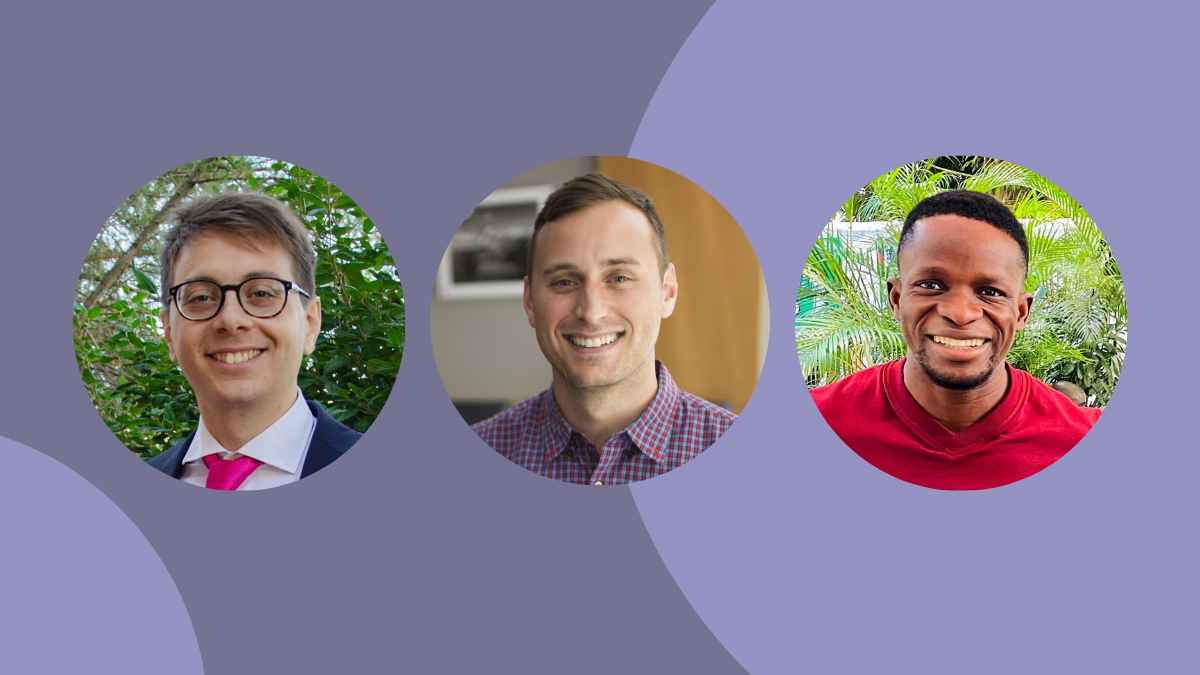
Please join the Department of Nutrition for the Monday Nutrition Seminar featuring Christopher Golden, PhD, MPH, Associate Professor of Nutrition and Planetary Health, Director of the MPH in Nutrition Program, Co-Director of the Concentration in Climate Change and Planetary Health; Giacomo De Nicola, PhD, Postdoctoral Fellow; Oladimeji Mudele, PhD, Postdoctoral Fellow at the Harvard T.H. Chan School of Public Health. The speakers will present their talk on “Harnessing planetary health data science approaches to understanding food safety and food security in Madagascar” on December 1, 2025 at 1:00 p.m. ET. This seminar will take place in FXB G-13 and via Zoom (registration is required in advance).
The Monday Nutrition Seminar Series is free and open to the public. If you plan to attend this event and do not have an active HUID, please fill out this registration form by 3:00 p.m. ET on the Friday before the seminar to request a visitor pass to access the building.
Seminar speakers share their perspectives, they do not speak for Harvard.
Speaker Information
Organizers
Monday Nutrition Seminar | Biomarkers as an essential instrument in nutritional research

Please join the Department of Nutrition for the Monday Nutrition Seminar featuring at Qi Sun, MD, DSc, Associate Professor at the Departments of Nutrition and Epidemiology, Director of Nutritional Biomarker Laboratory at the Harvard T.H. Chan School of Public Health, Associate Professor of Medicine at Brigham and Women’s Hospital, Harvard Medical School. Dr. Sun will present his talk on “Biomarkers as an Essential Instrument in Nutritional Research” on November 24, 2025 at 1:00 p.m. ET. This seminar will take place in FXB G-13 and via Zoom (registration is required).
The Monday Nutrition Seminar Series is free and open to the public. If you plan to attend this event and do not have an active HUID, please fill out the registration form by 3:00pm ET on the Friday before the seminar to request a visitor pass to access the building.
Seminar speakers share their perspectives, they do not speak for Harvard.
Speaker Information
Qi Sun, MD, DSc
Organizers
What’s at stake for health care reform? Insights from Florida and Massachusetts

Health care access, costs, and coverage – particularly for lower-income Americans – are expected to undergo dramatic changes in the next few years. Enhanced subsidies that make coverage through the Affordable Care Act marketplace more affordable are set to expire at the end of 2025. Meanwhile, Medicaid faces billions in cuts and a high probability that people will lose coverage due to new work requirements, stricter eligibility rules, and more frequent eligibility reviews. In addition, changes in Medicaid reimbursement rules and new rural health grants could have nationwide effects. In this event, former health care leaders from Florida and Massachusetts share their perspectives on how state officials and health care providers will respond in this shifting policy environment.
Register for free to submit your questions.
An on-demand video will be posted after the event.
Speaker Information
Justin Senior
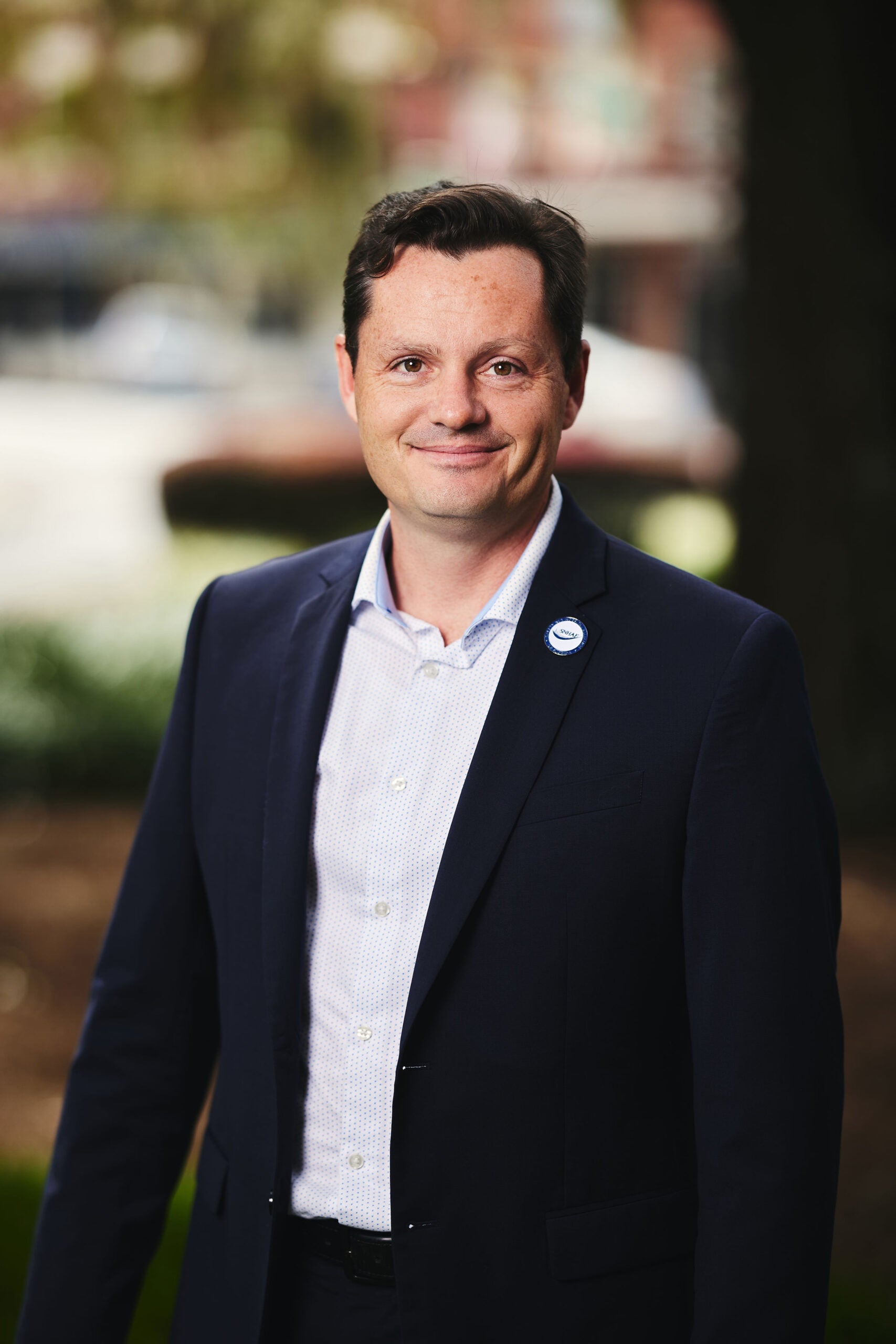
Moderator
About The Studio
The Prevalence and Policy Consequences of “mRNA Vaccine Stigmatization” in the US
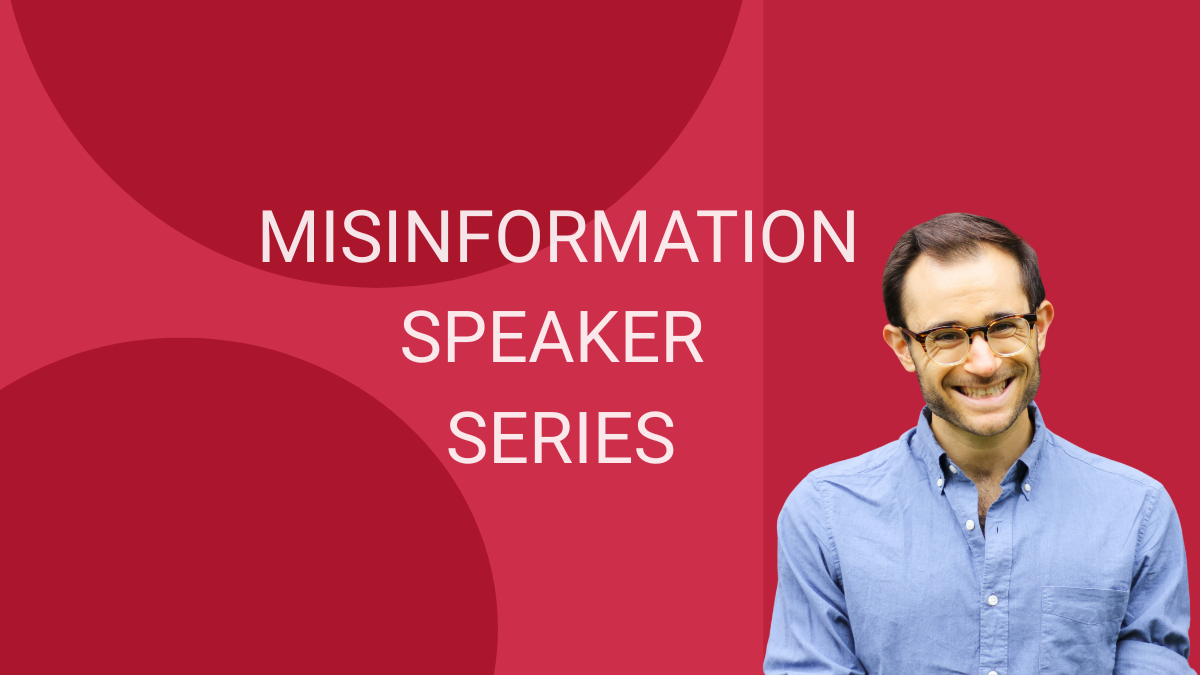
Despite their life saving potential, many prominent voices in American public life have used their social and political platforms to spread misinformation about mRNA vaccine safety and efficacy. In this talk, Dr. Motta provides new evidence that “mRNA vaccine stigmatization” is evident in the actions of policymakers across multiple levels of government. He also reviews the state of public opinion about mRNA vaccines, drawing on both original and secondary survey research. He argues that although it is presently unclear whether elites’ efforts to stigmatize mRNA vaccines has spilled over to impact broader US public opinion, there is growing reason to believe that it will. Ultimately, Motta concludes that mRNA vaccine stigmatization could come at an important cost; both by eroding public confidence in mRNA vaccination, and by limiting access to life-saving vaccines.
Registration is required in advance. Event is open to the public. To attend in person, use the Wexner Building entrance at Harvard Kennedy School to locate the Rubenstein Building – R-414-AB David Ellwood Democracy Lab.
Lunch will be provided!
Speaker Information
Matt Motta, PhD
Organizers
Guidelines for Laboratory Design: Health and Safety Considerations

Join us for a webinar on the Guidelines for Laboratory Design: Health and Safety Considerations program, offered by Harvard Chan School Executive and Continuing Education.
Program Director Lou DiBerardinis will share how this program helps professionals design and manage laboratories that prioritize health, safety, and sustainability while balancing the needs of multiple stakeholders.
If you’re looking to enhance your understanding of safe and effective lab design—from new construction to renovation and decommissioning—this webinar is a great opportunity to see how the program can support your goals.



